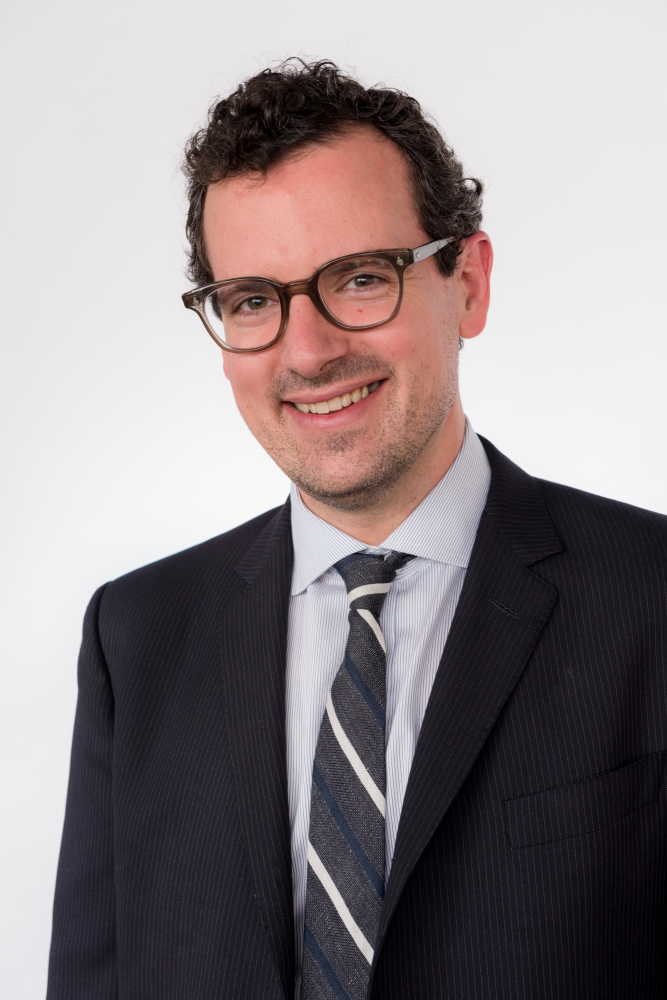Justin Sanders’ path to Dana-Farber’s Psychosocial Oncology and Palliative Care department has meandered across the world. He grew up in Utah, studied art history in Pennsylvania, medicine in Vermont, and, as a Fulbright scholar, medical anthropology in London before he trained and worked as a family doctor in the Bronx and then as a hospitalist in rural New England. His interest in palliative care, however, is rooted in one pivotal moment.
“My closest friend died of ovarian cancer at 21,” says Sanders. “I held her hand as she took her last breath. It was a formative experience because I realized I could be present in those difficult moments, and that healing could take place even when a cure wasn’t possible.”

Sanders also learned that many doctors aren’t prepared to discuss what matters most to patients as they approach the end of their life. “That was the case for my friend,” he explains. “She and her parents did not have an opportunity to prepare for a case in which the cure they were hoping for didn’t come.”
In 2014, Sanders joined the Serious Illness Care Program at Ariadne Labs.
Sanders says there’s data showing that good communication leads to better outcomes for patients. There is good reason to believe, he says, that in addition to symptom management, much of the benefit of early palliative care – from improved quality of life to greater longevity – comes from the type of communication that the Serious Illness Care Program encourages.
“By having these conversations and documenting them in the medical record, clinicians can more easily make treatment plans that align with the patient’s goals and values,” he says.
For the past two years, Sanders has focused on understanding how the conversation guide can improve the care of people in underserved communities – specifically African-Americans, who can suffer disproportionately at the end of life due to disparities in health care across their lifespans. “Working in medically underserved areas opened my eyes to the profound consequences of these disparities, as well as the opportunities to improve care that can come through good communication,” he says.
Read More:
With collaborators in South Carolina, Sanders has studied the acceptability of the Serious Illness Conversation Guide to African-Americans, and gained insights that have resulted in changes to the guide for everyone. His mission, he says, it to make medical care for seriously ill patients a vehicle for social justice and to adapt and spread interventions that have the potential to address disparities in communication and care for the most vulnerable patients.
“Dana-Farber is one of only a handful of institutions across the country supporting this work,” Sanders says. I’ve seen how communication can transform the experience of seriously ill patient and their family, how it can help them get the best care, and prepare in case things don’t go as we hope. The care and treatment we provide here are among the most sophisticated in the world, and there are some things only good communication can do.”
Learn more about palliative care at Dana-Farber.

No cancer here but I want to expand my knowledge of cancer and palliative care for my family and I.